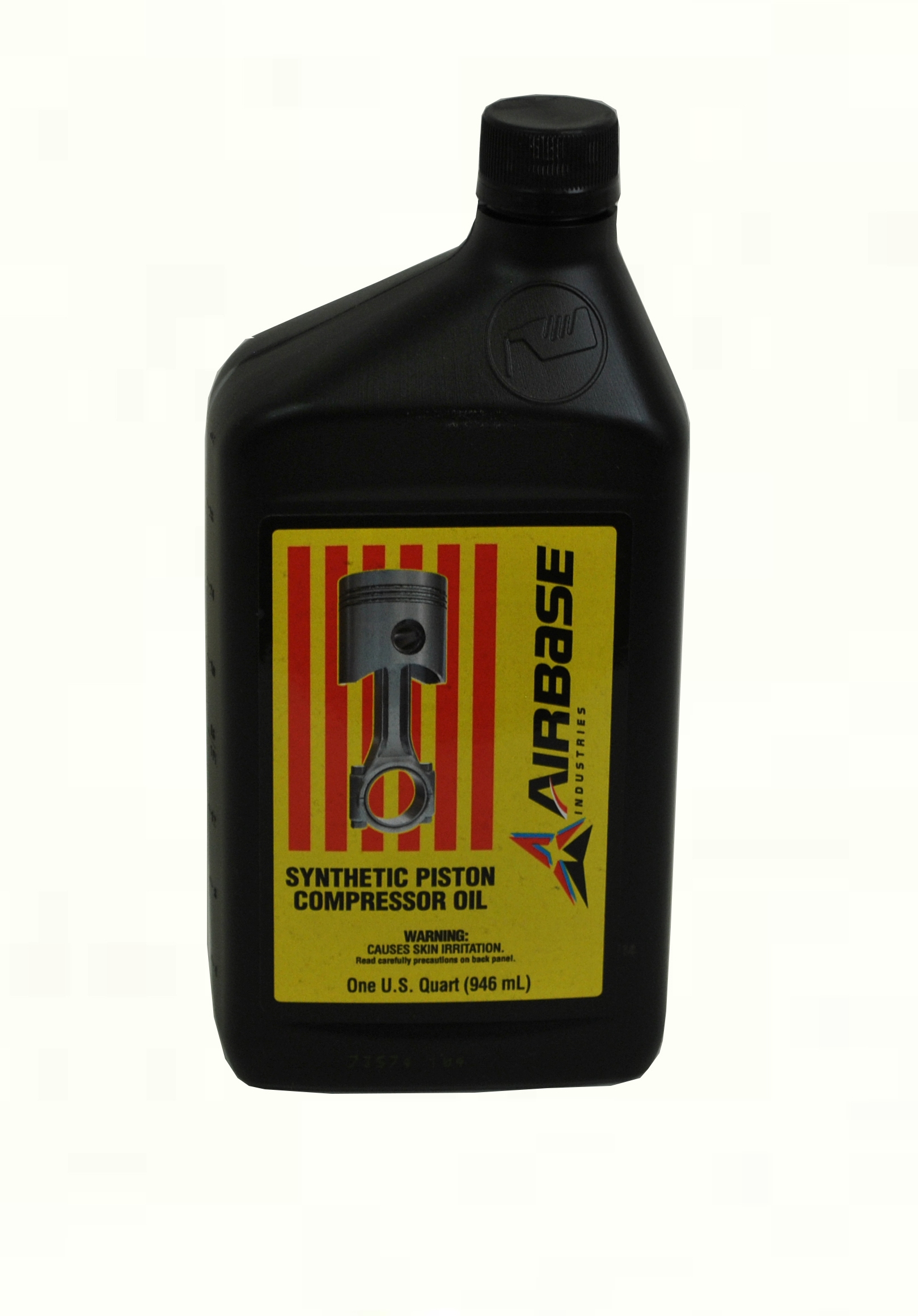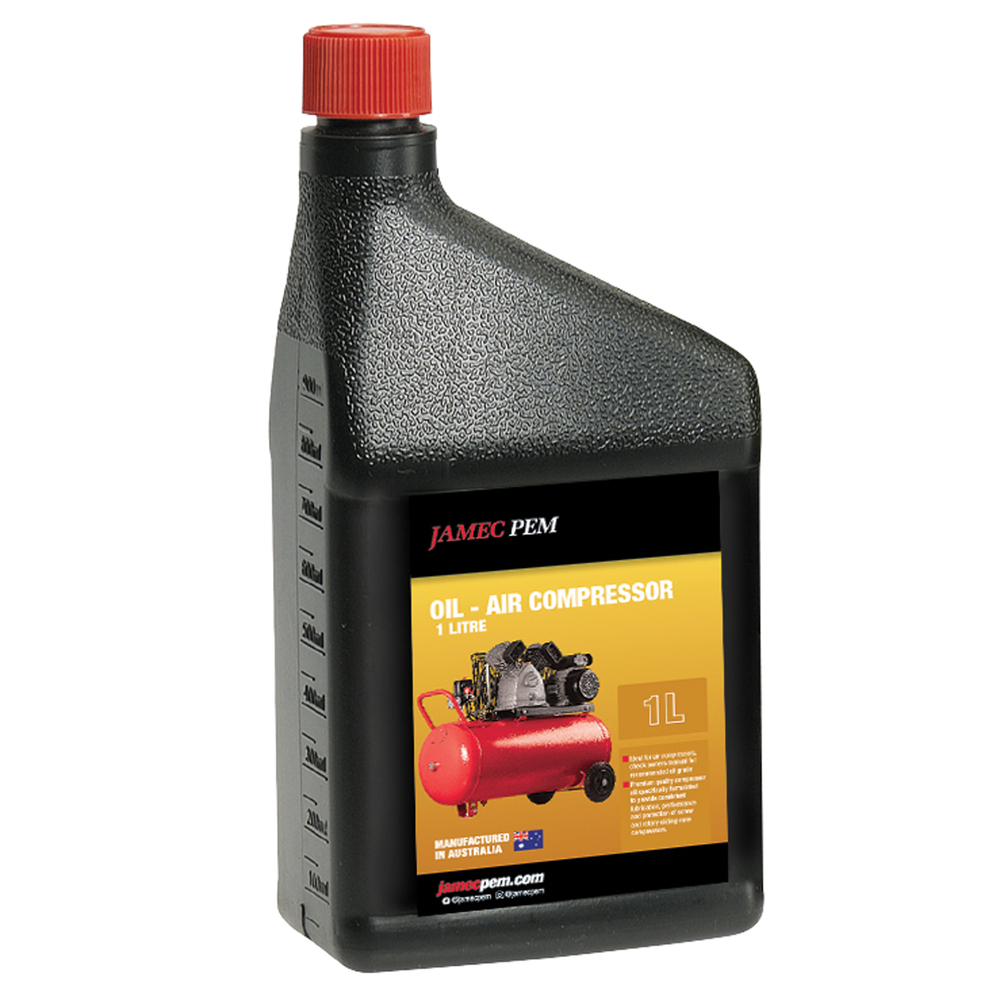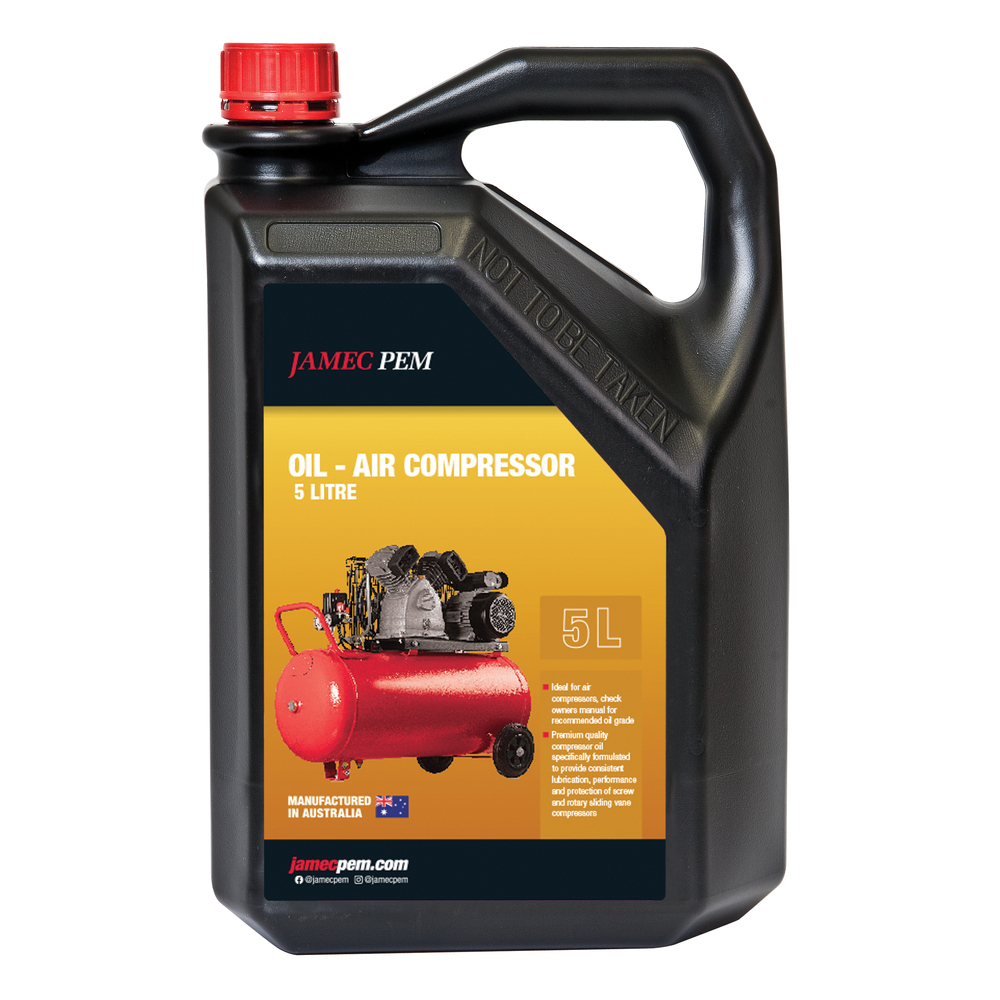Air compressor oil is a specialized lubricant designed for air compressors. It reduces friction, enhances performance, and extends the lifespan of the machine.
Air compressors play a crucial role in various industries, powering tools and equipment. Using the right air compressor oil is essential for maintaining optimal performance. The oil lubricates moving parts, preventing wear and tear. It also minimizes heat buildup, ensuring efficient operation.
Different types of air compressor oils exist, including synthetic and mineral-based options. Each type offers unique benefits suited for specific applications. Regular oil changes are vital for preventing damage and maximizing efficiency. Understanding the importance of air compressor oil helps users maintain their equipment effectively, ensuring longevity and reliable performance. Choose the right oil to keep your air compressor running smoothly.
Introduction To Air Compressor Oil
Air compressor oil plays a vital role in maintaining performance. It reduces friction between moving parts. This helps the compressor run smoothly and efficiently. Proper lubrication ensures a longer lifespan for the equipment.
Key Role In Compressor Performance
The primary functions of air compressor oil include:
- Lubrication: Keeps all moving parts well-lubricated.
- Cooling: Helps dissipate heat generated during operation.
- Sealing: Prevents air leaks between components.
- Cleaning: Removes dirt and contaminants from the system.
Using the right oil enhances performance and efficiency. Poor lubrication can lead to wear and tear. This increases maintenance costs and reduces productivity.
Types Of Compressor Oil
Different types of air compressor oil serve specific needs:
| Type of Oil | Best For | Key Features |
|---|---|---|
| Mineral Oil | General use | Cost-effective, good lubrication |
| Synthetic Oil | High-performance compressors | Superior lubrication, better temperature stability |
| Vegetable Oil | Eco-friendly applications | Biodegradable, non-toxic |
| Non-Detergent Oil | Older models | Prevents sludge buildup |
Choosing the right type is crucial for optimal performance. Always refer to the manufacturer’s specifications.
Choosing The Right Oil
Choosing the right oil for your air compressor is crucial. The right oil ensures smooth operation and extends the life of your equipment. Consider viscosity, type of oil, and manufacturer recommendations. Understanding these factors leads to better performance and reliability.
Viscosity Requirements
Viscosity refers to the thickness of oil. It affects how well the oil flows in your compressor. Here are key points about viscosity:
- Low Viscosity: Flows easily, ideal for cold temperatures.
- High Viscosity: Thicker, better for high temperatures.
- Multi-Viscosity Oils: Work well in varying temperatures.
Check your compressor manual for specific viscosity ratings. Using the wrong viscosity can harm your compressor.
Synthetic Vs. Mineral Oils
Choosing between synthetic and mineral oils is important. Each type has its benefits.
| Type of Oil | Advantages | Disadvantages |
|---|---|---|
| Synthetic Oil |
|
Higher cost |
| Mineral Oil |
|
|
Select oil based on your compressor’s needs. Consider cost and performance.
Importance Of Regular Oil Changes
Regular oil changes are essential for air compressors. They ensure smooth operation and extend the compressor’s life. Dirty oil can lead to serious problems. Keeping oil clean helps avoid costly repairs.
Impact On Compressor Lifespan
Oil lubricates moving parts in the compressor. Clean oil reduces friction and wear. This leads to:
- Longer operational life
- Better performance
- Lower energy costs
Using fresh oil minimizes breakdowns. It allows the compressor to run efficiently. A well-maintained compressor can last many years.
Signs Your Oil Needs Changing
It’s crucial to recognize when oil needs changing. Here are common signs:
- Dark Color: Fresh oil is golden. Dark oil indicates contamination.
- Metallic Particles: Oil should be clear. Presence of particles shows wear.
- Unusual Noise: Strange sounds may signal low lubrication.
- Frequent Overheating: Overheating can mean oil is ineffective.
Regular checks help maintain performance. Change oil before issues arise.
| Signs | What It Means |
|---|---|
| Dark Color | Oil is contaminated and needs changing. |
| Metallic Particles | Wear and tear occurring in the compressor. |
| Unusual Noise | Low lubrication affecting performance. |
| Frequent Overheating | Oil is ineffective and may cause damage. |

Credit: emaxcompressor.com
Step-by-step Oil Change Process
Changing the oil in your air compressor is essential. This process keeps your machine running smoothly. Follow these steps for a successful oil change.
Preparation And Safety
Before starting, ensure you have everything ready. Follow these steps:
- Gather necessary tools:
- New air compressor oil
- Wrench
- Oil drain pan
- Funnel
- Rags or paper towels
- Check the manufacturer’s manual for specific oil type.
- Wear safety gloves and goggles.
- Ensure the compressor is off and cool.
Draining The Old Oil
Draining old oil is crucial for performance. Follow these steps:
- Locate the oil drain plug.
- Place the oil drain pan under the plug.
- Open the drain plug using the wrench.
- Let the old oil drain completely.
- Close the drain plug securely after draining.
Refilling With New Oil
Refilling with new oil is simple. Follow these steps:
- Locate the oil fill port.
- Use the funnel to pour in new oil.
- Fill until it reaches the recommended level.
- Check the oil level using the dipstick.
- Replace the fill port cap tightly.
Regularly change the oil for optimal performance. Your air compressor will thank you!
Optimizing Oil Performance
Optimizing oil performance is crucial for air compressor efficiency. Proper oil ensures smooth operation and prolongs equipment life. Understanding key factors helps achieve optimal results.
Temperature Considerations
Temperature impacts oil performance significantly. Here are some important points:
- Viscosity: Oil thickness changes with temperature.
- Ideal Range: Maintain oil temperature between 180°F to 200°F.
- Overheating: High temperatures degrade oil quality.
Use a thermometer to check oil temperature regularly. Replace oil if it exceeds the recommended range. This keeps your compressor running smoothly.
Avoiding Contamination
Contamination can ruin oil performance. Follow these tips to keep oil clean:
- Store oil in a clean, dry place.
- Use clean tools for oil changes.
- Regularly inspect air filters.
- Check for water and dirt in the oil.
Contaminated oil can lead to:
| Issue | Effect |
|---|---|
| Increased wear | Shortened compressor life |
| Overheating | Reduced efficiency |
| Sludge buildup | Poor performance |
Keeping oil free from contamination boosts performance and longevity.
Troubleshooting Common Oil Issues
Air compressor oil plays a vital role in performance. Problems can arise from leaks or overheating. Addressing these issues quickly can save time and money.
Dealing With Leaks
Oil leaks can lead to serious problems. Identifying the source is crucial. Here are steps to handle leaks:
- Check for visible oil spots under the compressor.
- Inspect hoses and connections for damage.
- Examine the oil filter for tightness.
- Look for cracks in the compressor body.
Common causes of oil leaks include:
- Worn seals
- Loose fittings
- Overfilled oil reservoir
To fix leaks:
- Tighten loose fittings.
- Replace worn seals.
- Drain excess oil.
Addressing Overheating
Overheating can damage your air compressor. It can lead to oil breakdown and reduced efficiency. Here are common causes of overheating:
| Cause | Solution |
|---|---|
| Dirty air filters | Clean or replace filters regularly. |
| Insufficient oil level | Check and refill oil as needed. |
| Blocked cooling vents | Ensure vents are clear and unobstructed. |
| Excessive workload | Limit usage time; allow cooling breaks. |
Monitor the temperature gauge. If it rises too high, stop the compressor. Allow it to cool before restarting.
Advanced Tips For Enhanced Efficiency
Enhancing the efficiency of your air compressor is vital. Proper oil management plays a crucial role. Implementing advanced tips can lead to better performance and longer lifespan. Below are two key areas to focus on: oil additives and maintenance schedules.
Oil Additives And Their Benefits
Oil additives improve the overall performance of your air compressor. Here are some common types of additives:
- Detergents: Keep the oil clean and free of deposits.
- Dispersants: Prevent sludge build-up in the oil.
- Anti-wear agents: Reduce friction and wear on moving parts.
- Corrosion inhibitors: Protect against rust and oxidation.
Using these additives can lead to:
- Improved lubrication.
- Enhanced equipment protection.
- Longer oil life.
Choose the right additives based on your compressor’s needs. Always consult your manufacturer’s guidelines.
Customizing Oil Maintenance Schedules
Regular maintenance keeps your air compressor running smoothly. Customizing your oil change schedule is essential. Factors to consider include:
| Factor | Recommendation |
|---|---|
| Usage Hours | Change oil every 500 hours of operation. |
| Operating Conditions | Change oil more frequently in dusty environments. |
| Oil Type | Follow manufacturer recommendations for specific oil types. |
Track your compressor’s performance regularly. Adjust the schedule based on these factors. Keeping a maintenance log helps you stay organized.

Credit: www.jamecpem.com
Environmental Considerations And Disposal
Air compressor oil plays a vital role in machine performance. However, its impact on the environment cannot be overlooked. Proper management and disposal of compressor oil are essential for reducing pollution. Choosing eco-friendly options can also lessen harmful effects.
Eco-friendly Oil Options
Many manufacturers offer eco-friendly oil options. These oils are biodegradable and reduce environmental harm. Consider the following benefits:
- Less toxic to wildlife
- Lower greenhouse gas emissions
- Improved air quality
Common eco-friendly oils include:
| Eco-friendly Oil Type | Key Feature |
|---|---|
| Synthetic Ester Oils | Biodegradable and high-performance |
| Vegetable-based Oils | Renewable and non-toxic |
| Recycled Oils | Environmentally friendly and cost-effective |
Proper Disposal Of Used Compressor Oil
Disposing of used compressor oil requires care. Never throw it in the trash or pour it down the drain. Follow these steps for proper disposal:
- Store used oil in a sealed container.
- Label the container clearly.
- Locate a local recycling center.
- Follow local regulations for disposal.
Many auto shops and service stations also accept used oil. This helps keep the environment clean. Always ensure responsible disposal to protect nature.
Future Trends In Compressor Lubrication
The landscape of compressor lubrication is evolving rapidly. New technologies and methods enhance efficiency and extend equipment life. Understanding these trends is vital for operators and manufacturers alike.
Innovations In Oil Technology
Recent advancements in oil technology offer exciting benefits. These innovations improve performance and reduce environmental impact.
- Synthetic Oils: These oils provide superior lubrication and reduce friction.
- Biodegradable Oils: Eco-friendly options are gaining popularity.
- Nanotechnology: Oil infused with nanoparticles enhances heat resistance.
- Smart Oils: These oils contain sensors to monitor performance in real-time.
| Type of Oil | Benefits |
|---|---|
| Synthetic Oils | Better lubrication and longer life |
| Biodegradable Oils | Less environmental damage |
| Nanotechnology Oils | Improved heat resistance |
| Smart Oils | Real-time performance monitoring |
Predictive Maintenance Strategies
Predictive maintenance is changing how we manage compressors. This proactive approach minimizes downtime and enhances performance.
- Data Analytics: Collecting data helps predict failures.
- Condition Monitoring: Sensors track oil viscosity and temperature.
- AI Integration: Artificial intelligence analyzes trends to foresee issues.
- Install sensors for real-time data collection.
- Analyze data using advanced software.
- Schedule maintenance based on predictive insights.
These strategies lead to significant cost savings. They also improve the reliability of compressor systems.
Conclusion: Best Practices Recap
Implementing best practices for air compressor oil can enhance longevity. Regular maintenance ensures optimal performance. Below is a summary of key takeaways.
Summary Of Key Takeaways
- Choose the right oil: Use oil recommended by the manufacturer.
- Check oil levels: Regularly inspect and maintain proper levels.
- Change oil frequently: Follow guidelines for oil change intervals.
- Monitor for contamination: Keep an eye out for dirt and water.
- Use oil filters: Install filters to keep oil clean.
Maintaining Peak Performance
Regular maintenance maximizes efficiency and durability. Follow these steps:
- Inspect the air compressor regularly.
- Replace oil based on usage and manufacturer recommendations.
- Check for leaks or signs of wear.
- Keep the compressor clean and free of debris.
- Store the compressor in a dry, cool place.
Proper care of air compressor oil leads to:
| Benefit | Description |
|---|---|
| Increased Efficiency | Less energy waste improves overall performance. |
| Longer Lifespan | Regular maintenance extends the life of the compressor. |
| Cost Savings | Reduced repair costs from proactive maintenance. |

Credit: www.jamecpem.com
Frequently Asked Questions
What Is Air Compressor Oil Used For?
Air compressor oil is essential for lubricating the moving parts of the compressor. It reduces friction, prevents wear, and helps maintain optimal operating temperatures. Additionally, it protects against rust and corrosion, ensuring a longer lifespan for the compressor. Proper oil selection enhances efficiency and performance.
How Often Should I Change Air Compressor Oil?
Changing air compressor oil depends on usage and manufacturer recommendations. Generally, it’s advisable to change the oil every 500 to 1,000 operating hours. Regular checks are crucial, especially in heavy-duty applications. Always consult your compressor’s manual for specific guidelines to ensure optimal performance and longevity.
Can I Use Regular Motor Oil In My Compressor?
Using regular motor oil is not recommended for air compressors. Motor oil lacks the specific additives needed for compressor operation. It may lead to increased wear and tear, ultimately harming performance. Always use oil specifically designed for air compressors to ensure optimal functionality and protection.
What Are The Signs Of Low Air Compressor Oil?
Signs of low air compressor oil include unusual noises and overheating. You may also notice a drop in pressure or performance. Frequent tripping of thermal overload protection could occur as well. Regularly checking the oil level can help prevent these issues and maintain your compressor’s efficiency.
Conclusion
Choosing the right air compressor oil is essential for optimal performance. Quality oil enhances efficiency and prolongs equipment life. Regular maintenance and proper lubrication prevent costly repairs. By understanding your compressor’s needs, you can make informed decisions. Keep your tools running smoothly with the right oil for the job.

